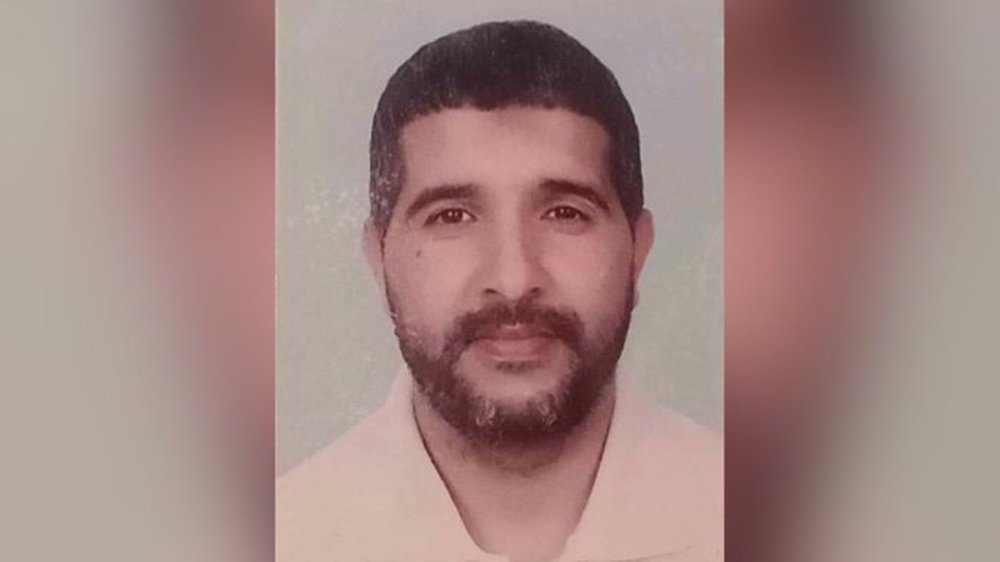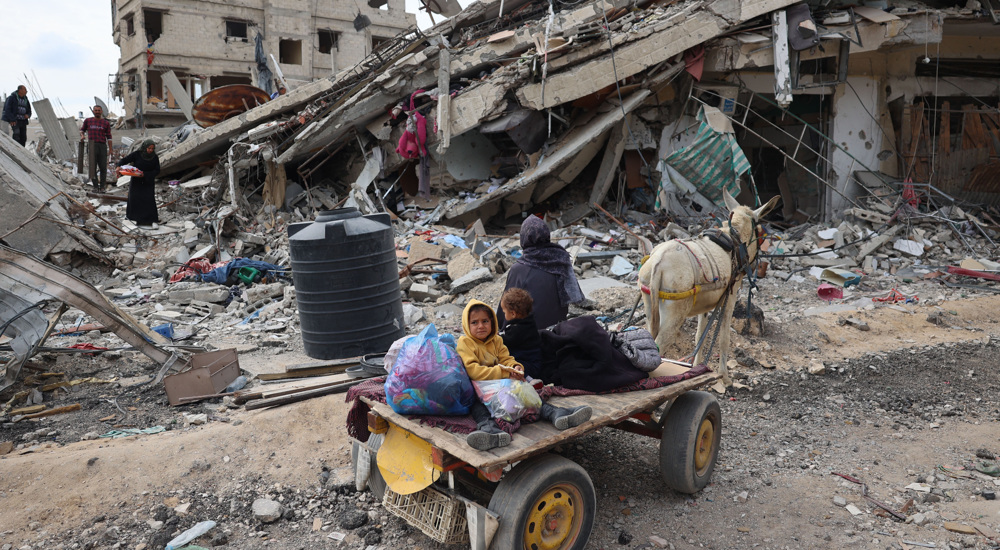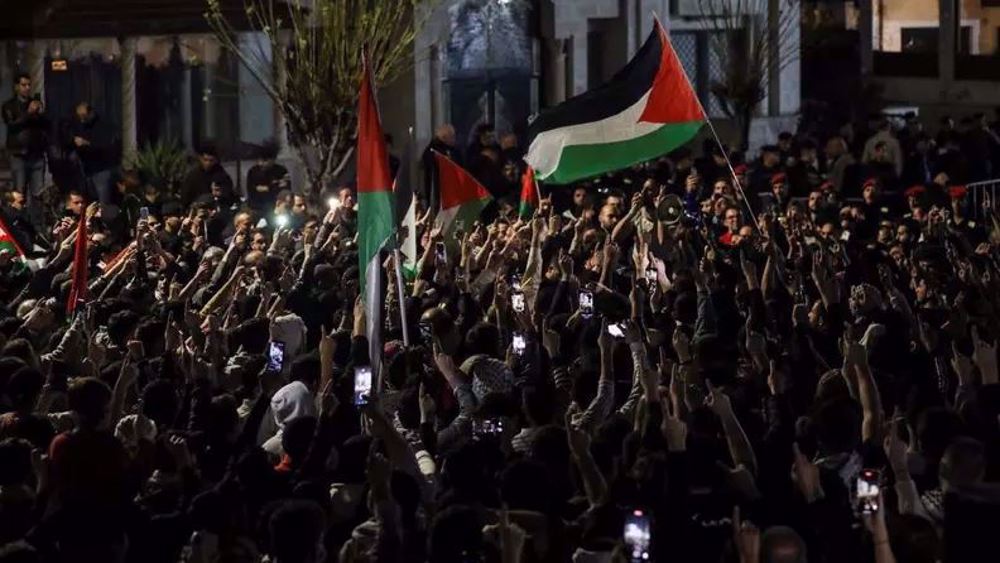UN envoy optimistic about Libya unity government deal
The head of the UN Support Mission in Libya has expressed optimism that the North African country's two rival parliaments would endorse his plan for a unity government later this week.
Speaking to a press briefing on early Monday after late-night talks in Morocco, Bernardino Leon said he is convinced that a solution to the Libyan crisis could be reached soon.
He noted that there were only two or three remaining stumbling blocks in the way of nailing down a preliminary deal as unity talks are set to resume in Morocco on Thursday.
"After all these nine months of work we just have two, three issues and this is what the parties are going to discuss tomorrow and after tomorrow," Leon said, adding, "The idea is to be back on Wednesday and to have our next meeting on Thursday. And on Thursday we will try to initialize the agreement."
However, Ashoh Ashraf, a delegation spokesman from the Tripoli-based parliament, has complained that he had not been consulted by UN mediators about changes they had made to an initial draft. "Three key points of the UN draft agreement had been modified without our consultation."

In mid-June, the UN Security Council had underlined the “urgency for the Libyan parties to agree on a Government of National Accord.”
Under the UN-sponsored plan, the Libyan warring factions should integrate their militias into a reformed military controlled directly by the government. The former rebel fighters were also offered a chance to join up or be reintegrated into civilian life.
Libya has two rival administrations battling for control of the violence-wracked country, with one faction, the General National Congress (GNC), governing Tripoli, and the other, the country’s internationally-recognized government, controlling the cities of Tobruk and Bayda.
The latest developments come as several rounds of peace talks brokered by the UN in recent months have failed to deliver any practical results.
Libya plunged into violence and disorder following the violent ouster of the country's former ruler, Muammar Gaddafi, in 2011, which sparked deep political divisions and gave rise to a patchwork of heavily-armed militias.
JR/KA/HMV
US campus crackdown: 500 pro-Palestinian protesters arrested
VIDEO | Yemenis rally in Sana'a in solidarity with Palestinians in Gaza
VIDEO | Jordanians march after Friday prayers in support of Palestinians
Far-right Israeli minister Ben-Gvir injured
Germany clears pro-Gaza camp as US-style demos spread across Europe
Iran: US lacks competence to comment on human rights, freedom of expression
It could take 14 years to remove debris left by Israel war on Gaza: UN
Iran, China discuss military cooperation










 This makes it easy to access the Press TV website
This makes it easy to access the Press TV website